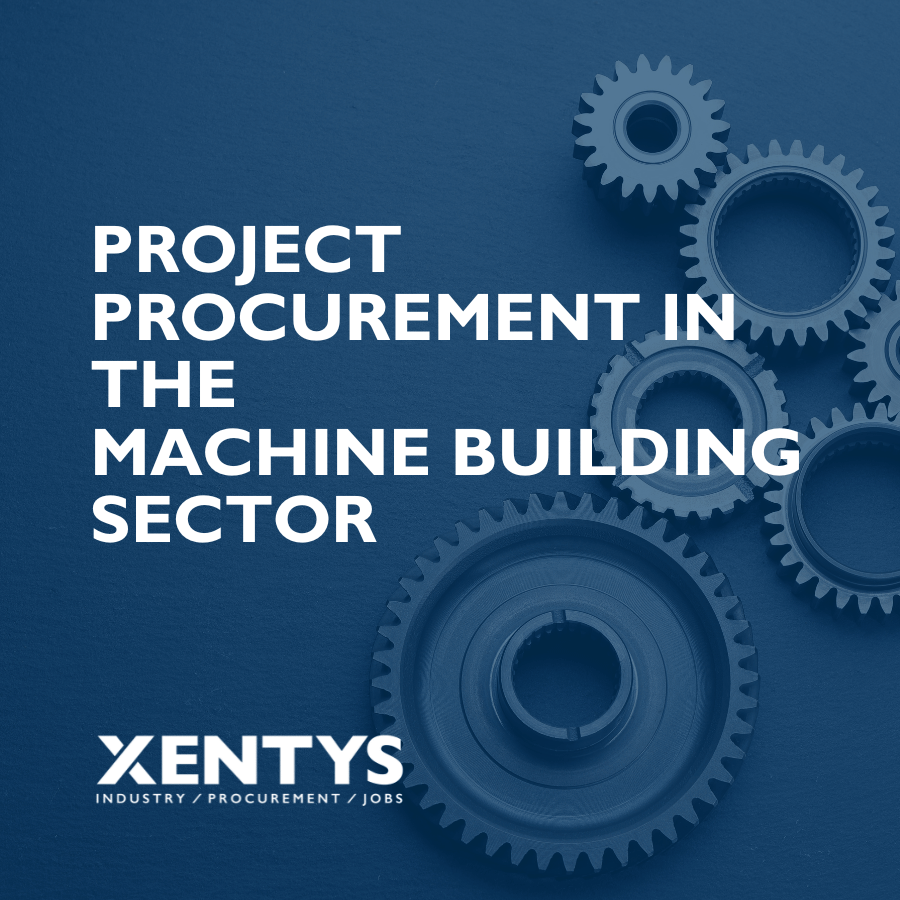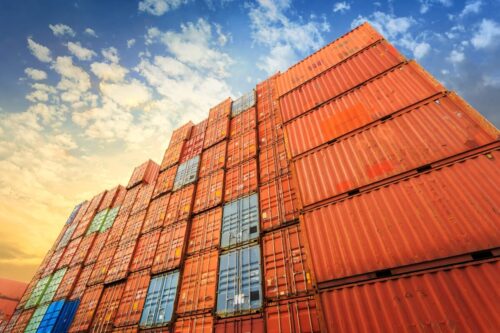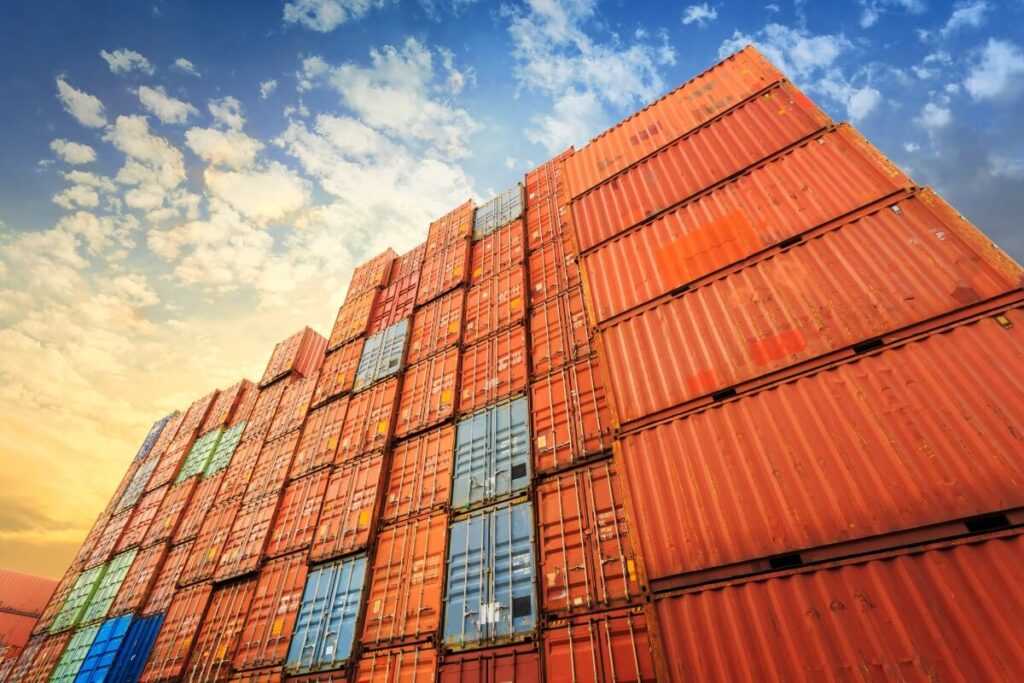Incoterms, short for International Commercial Terms, are delivery terms that can be used in international transactions. These internationally recognized terms of trade are prepared and published by the International Chamber of Commerce or ICC. This states which party pays the cost, who bears the risk of loss, the place of delivery and whether transportation includes insurance. The latest version of Incoterms is from 2020 and contains clear agreements that can prevent costly misunderstandings and possible damage in global trade, including multimodal transport.

FREE WHITE PAPER
Reduce Total Cost of Ownership (TCO) with the Kraljic Matrix
Purpose of Incoterms
Incoterms are contractual terms created to simplify the complexities of international trade through unambiguous agreements on the delivery of goods, the exact destination and the associated costs, risks and obligations. The most commonly used Incoterms are:
- EXW (Ex Works): The seller makes the goods available to the buyer at its own location and the buyer bears all costs and risks from that point forward.
- FOB (Free on Board): The seller bears the costs and risks until the goods are on board the ship, after which the buyer becomes responsible.
- CIF (Cost Insurance and Freight): The seller pays the cost and insurance until the goods reach the destination port, but the risks pass to the buyer once the goods are loaded on board.
Why are Incoterms important?
Incoterms are clear commercial terms that govern the risks and costs of transportation between buyers and sellers in international transportation. This reduces legal complications and costly misunderstandings and improves supply chain efficiency. This is especially important with high-value goods or complex logistical challenges, such as transporting bulk goods.
Trends and changes in Incoterms
The latest version of Incoterms has been modified in a number of ways to better reflect today’s business practices. Thus, DPU (Delivered at Place Unloaded) replaces the earlier DAT (Delivered at Terminal). This also requires the seller to unload the goods, not just transport them to a particular place.
In addition, variants such as DDP (Delivered Duty Paid) are becoming increasingly important. In doing so, the seller is responsible for all costs and risks until the goods reach their final destination, including any import duties and local charges. In addition, the new version puts more emphasis on security requirements and cost sharing for cargo and container handling. This reflects the increasing complexity of global trade routes and the need for clear agreements on who is responsible for specific aspects of logistics.
Practical application of Incoterms
In practice, Incoterms help to properly determine costs and risks in international transactions. For Xentys’ clients, it is crucial to choose Incoterms that exactly match their specific logistics needs. This allows costs and risks to be minimized and ensures that goods are transported safely and on time to their destination.

Free whitepaper
Project Procurement in the Machine Building Sector
Incoterms looked at more closely: EXW
With EXW, the seller makes the goods available at its own location, after which all costs and risks, including transportation and insurance, are for the buyer. This means that the buyer is responsible for arranging the transportation of the goods to the final destination, including any customs clearance. EXW imposes the fewest obligations on the seller, but is a heavy burden on the buyer: he must arrange all logistics and transportation-related matters.
FOB (Free on Board)
Free on Board is one of the most widely used Incoterms in maritime transport. With FOB, the seller assumes the costs and risks until the goods are loaded aboard the vessel at the port of shipment. From then on, all responsibility passes to the buyer, including the cost of transportation to the final destination and any insurance of the goods.
CIF (Cost, Insurance and Freight).
Cost, Insurance and Freight goes a step further than FOB. With CIF, the seller pays the cost and insurance until the goods reach the destination port. However, risk passes to the buyer at the time the goods are loaded aboard the vessel. The risk during sea transport is therefore for the buyer, but is insured by the seller. The advantage of CIF for the buyer is that most of the logistics are handled by the seller.
DDP (Delivered Duty Paid)
Delivered Duty Paid is one of the most comprehensive Incoterms, in which the seller is responsible for all costs and risks until the goods reach their final destination. This includes paying any import duties and local charges. DDP offers the buyer maximum convenience and minimum risk. The seller assumes all the logistical and administrative burdens, relieving the buyer to the maximum extent possible.
Find a buyer through xentys
At xentys, your experienced procurement recruitment agency, we are happy to help you find the right professional for your procurement team. Send a message today and strengthen your purchasing department.
Importance of Incoterms
In practice, Incoterms help determine costs and risks in international transactions. Xentys’ clients involved in imports and exports must carefully choose the right Incoterms to suit their specific logistics needs. This keeps risks to a minimum and ensures that their goods reach their destination safely and on time. Especially when transporting high-value goods, such as expensive machinery, it is essential for buyers to know which Incoterms offer the best protection. This prevents costly misunderstandings and ensures a smooth and efficient supply chain.
Xentys procurement vacancies.
At Xentys, we understand the complexity and importance of Incoterms in international trade like no other. We have been specializing in recruitment for procurement and supply chain positions in industry, offshore and construction since 2010. We have in-depth knowledge and experience in these disciplines and the relevant labor markets and provide recruitment for major clients. With us you will therefore find interesting procurement vacancies with salaries of EUR 60,000 plus. Sometimes as many as 5-10 new features are added per month. We mediate for some positions on an exclusive basis, which means you can’t find them on any job board.
We are constantly seeking talented professionals for our job openings and for inclusion in our database of procurement and supply chain specialists. If you have become curious after reading this article, check out our jobs page or contact us. We would love to hear from you!
News

What is the meaning of SKU?
A SKU, or Stock Keeping Unit, is a unique code used to identify a specific product that is in stock. This alphanumeric code is indispensable for inventory management and logistics operations, as it allows products to be tracked and managed. SKUs can contain information about a product’s attributes, such as

What is meant by the 80/20 rule?
The 80/20 rule, also known as the Pareto principle, is an economic rule that states that 80% of all results come from 20% of all efforts. This rule was first introduced by Italian economist Vilfredo Pareto, who discovered that 80% of the land in Italy was owned by only 20%

What does 3PL & 4PL mean?
The terms 3PL (Third-Party Logistics) and 4PL (Fourth-Party Logistics) play an important role in supply chain management today. But what exactly do those terms mean? 3PL refers to a logistics service provider that outsources specific logistics functions, such as transportation, warehousing and distribution, to an external party. These service providers

What is a freight forwarder?
A freight forwarder, also known as a forwarding agent, is an essential link in the logistics chain. This party organizes and coordinates the transportation of goods from one location to another. In this context, the necessary means of transportation, such as trucks, ships or aircraft, must be arranged and






